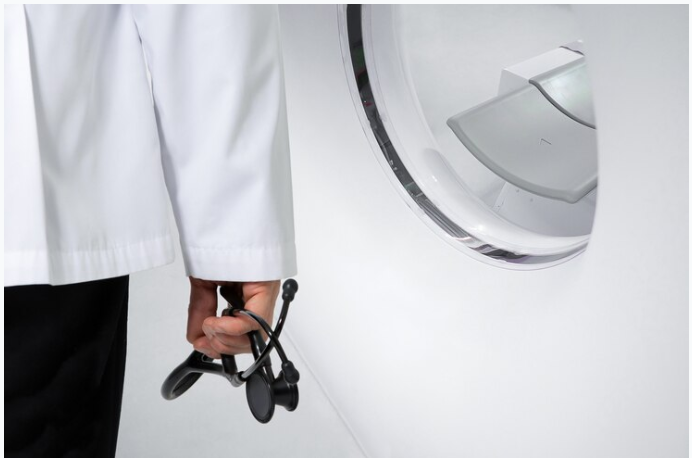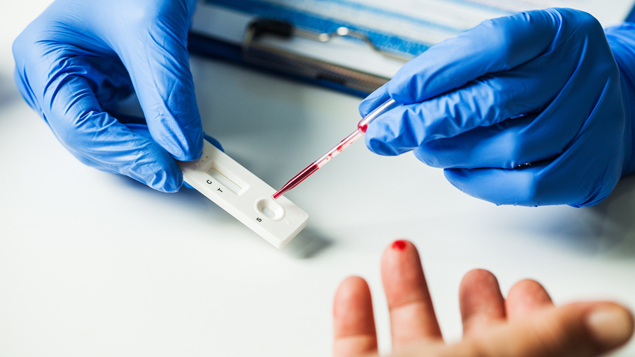Sensors are small, tiny, and often intelligent devices that are used to measure physical variables like temperature, humidity, gas, velocity, flow rate, pressure, light, electric fields, and so on. In medicine and biotechnology, biomedical sensors are used to detect specific biological, chemical, or physical processes, which then transmit or report the monitored data. These sensors can also be components in systems that process clinical samples, such as increasingly common lab-on-a-chip devices. Miniaturized biomedical sensors are used for measuring muscle displacement, blood pressure, core body temperature, blood flow, cerebrospinal fluid pressure, and bone growth velocity. With more and more people adopting home healthcare services, the demand for medical instruments that employ biomedical sensors is growing rapidly.
CogniFit, Ltd. and Ayogo Health, Inc. – Notable Market Players in Biomedical Sensors Market
The biomedical sensors market majorly consists of the players such Analog Devices, Inc., GE Healthcare, STMicroelectronics, Honeywell International, Medtronic, NXP Semiconductors N.V., Pinnacle Technology Inc., Sensirion AG, TE Connectivity, and Texas Instruments Incorporated. among others. The companies have been implementing various strategies that have helped the growth of the company and in turn have brought about various changes in the market. The companies have adopted several inorganic and organic strategies to accelerate their growth and improve their market position.
Below is the list of the growth strategies done by the players operating in the biomedical sensors market:
|
Year |
News |
|
Feb, 2018 |
Medtronic has received FDA Approval for Guardian Connect Continuous Glucose Monitoring (CGM) System for People Living with Diabetes. This continuous glucose monitor (CGM) offers control over automated insulin delivery via a hybrid closed loop system. |
|
June, 2017 |
Pinnacle Technology Inc. has announced addition of an oxygen (O2) sensors to product line. This O2 sensor provides amperometric readings, which correspond to extracellular O2 changes, and it is linear across the physiological range. The sensor is inserted into the brain using standard cannula systems offered by Pinnacle Technology. |
|
April, 2016 |
Analog Devices and LifeQ Collaborated to develop biomedical sensors. This collaboration is aimed at development of smart implantable and wearable sensors for monitoring physiological parameters such as heart rate, sleep phases, sleep quality, and blood lactate level in human body. |



